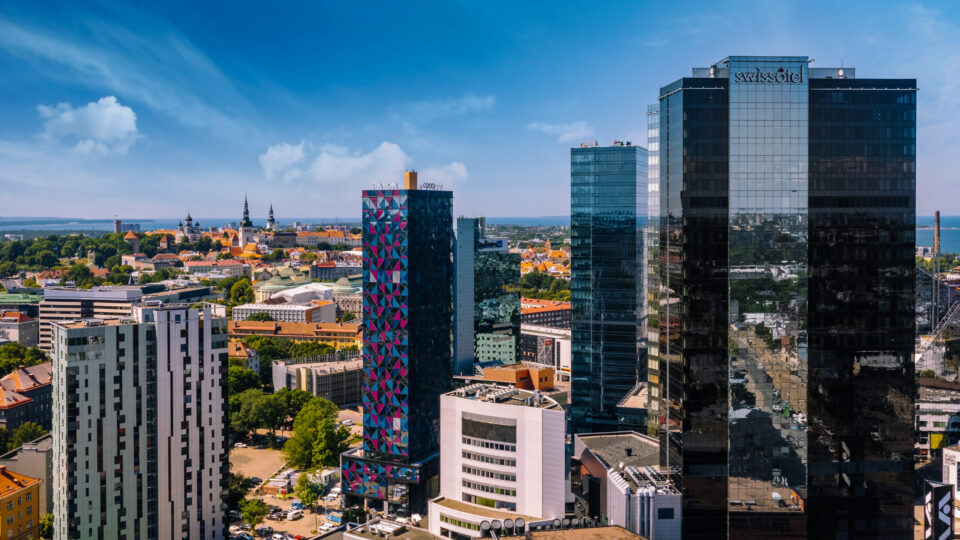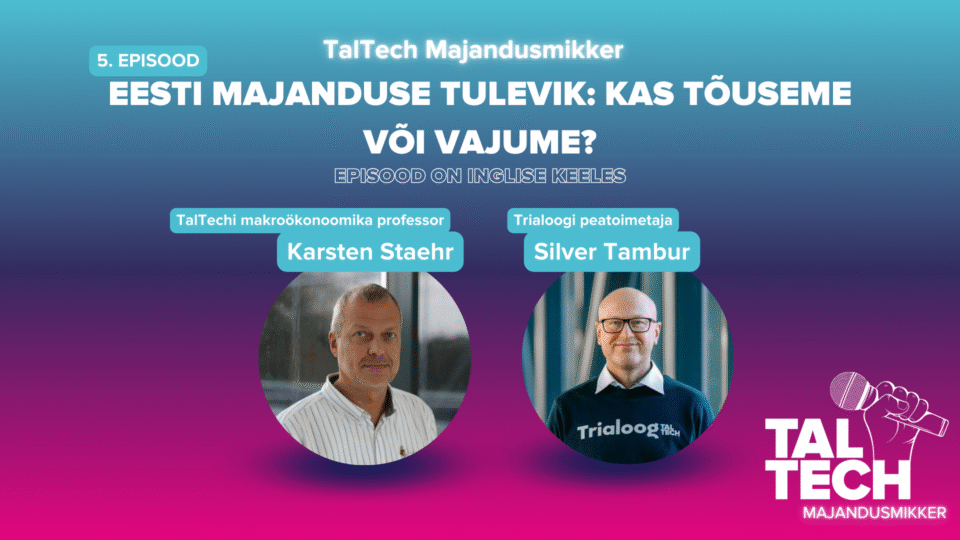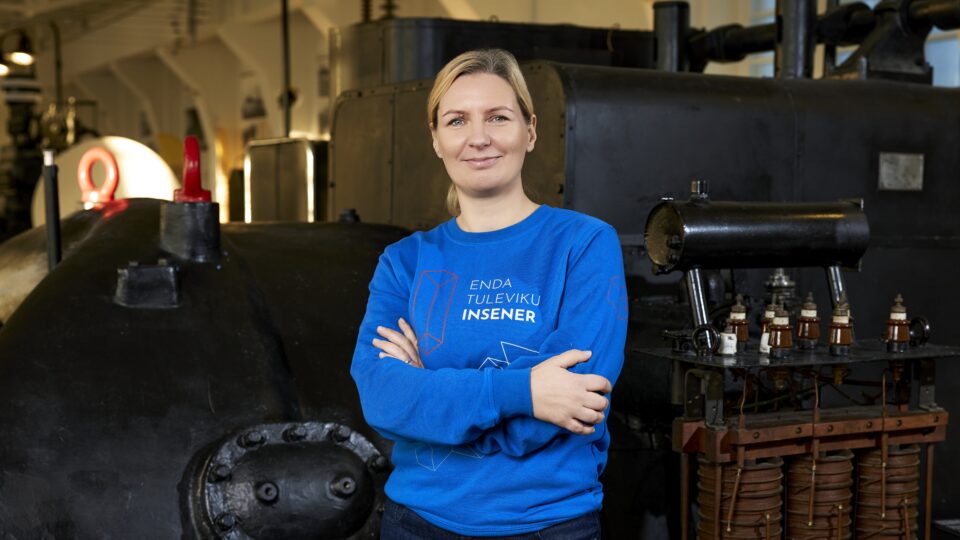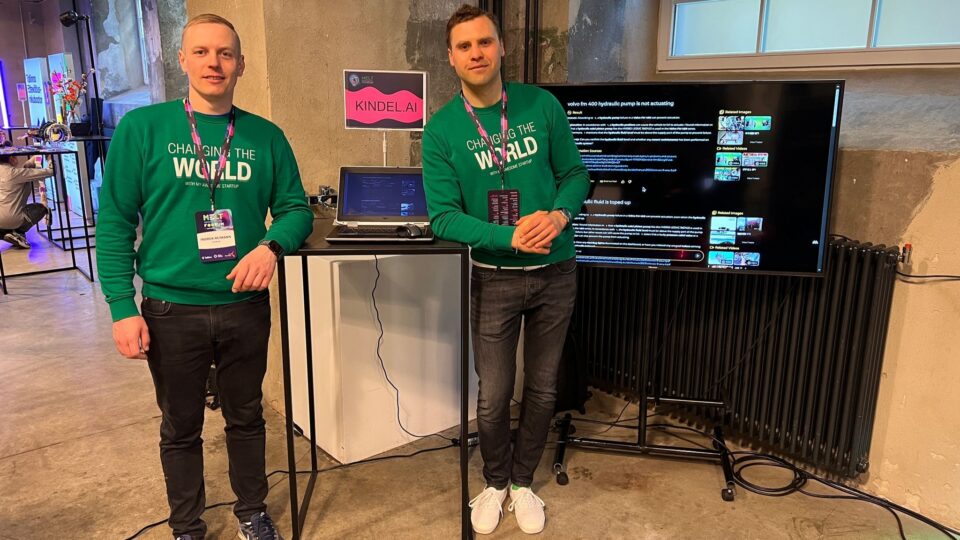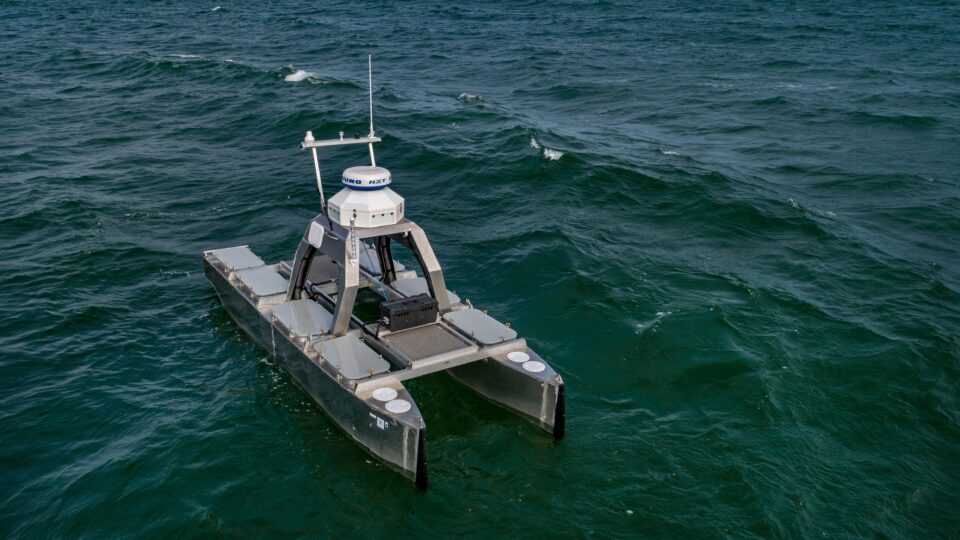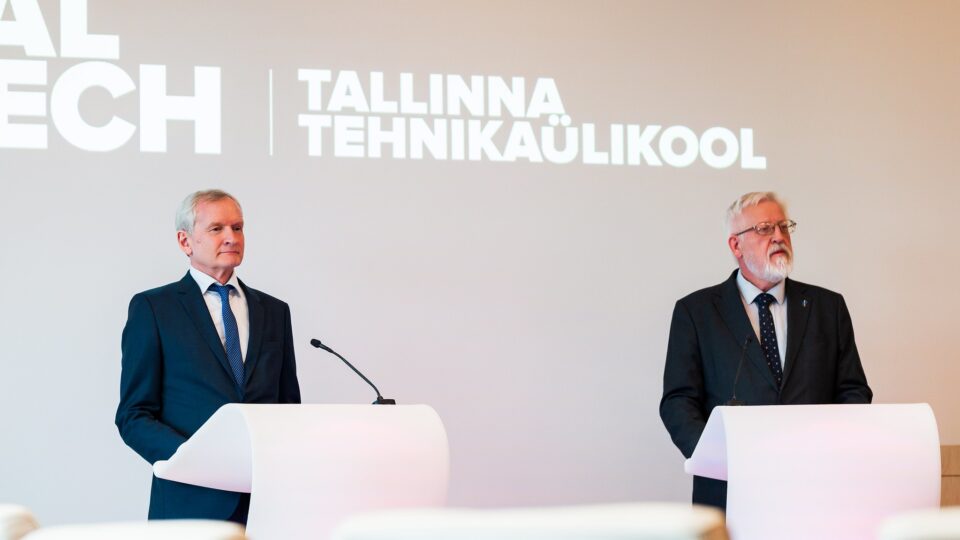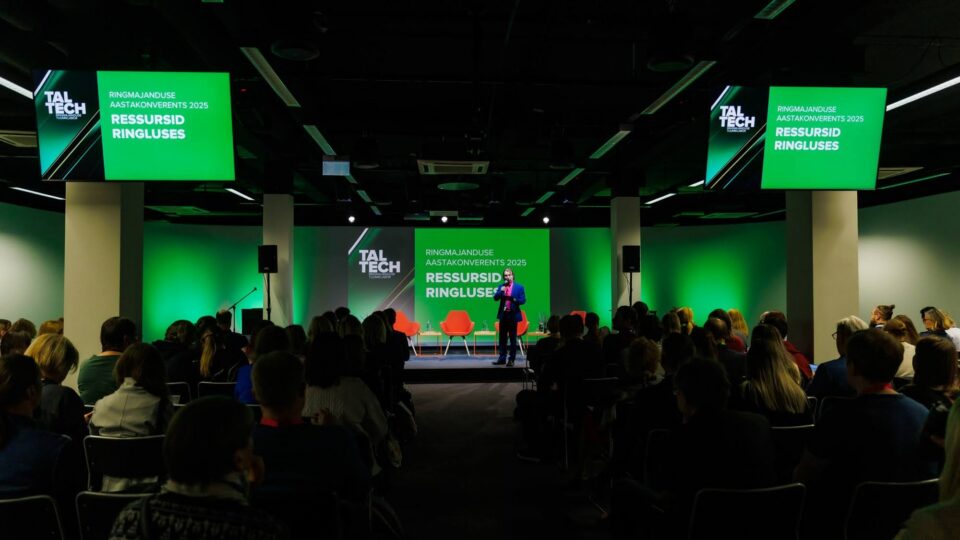Is Estonia on the road to recovery – or drifting deeper into economic trouble? In the latest episode of "Majandusmikker", a podcast by TalTech’s School of Business and Governance, economist Karsten Staehr and Trialoog editor Silver Tambur weigh the country’s prospects.
TalTechi majandusteaduskonna taskuhäälingu "Majandusmikker" värskes episoodis vestlevad Eesti majanduse väljavaadetest ülikooli ettevõtlus- ja teadusportaali Trialoog peatoimetaja Silver Tambur ja makroökonoomika professor Karsten Staehr.
The future in which our children will live doesn’t ask if we are ready – it simply arrives, and we must decide what role we leave for humans in it.
As artificial intelligence gathers pace, small states face a stark choice between digital promise and democratic peril.
Young people don’t choose a career in a vacuum – they are influenced by teachers, role models, and societal attitudes. To inspire more of them, especially girls, to pursue engineering and ICT, these fields need to be visible and familiar well before the moment of decision.
The Estonian startup KindelAI, co-founded by TalTech alumnus Andrei Aksjonov, believes the era of mechanics fumbling in the dark under the hood is coming to an end. KindelAI is developing a car diagnostics solution where decisions are no longer based on gut feeling but on data-driven artificial intelligence.
The Estonian deep-tech company MindChip, the first official spin-off from TalTech, is developing an AI-powered autonomous captain – an intelligent system capable of independently navigating a vessel, assessing situations, and responding to the surrounding environment.
In May, a new rector will be elected at Tallinn University of Technology. The candidates are the current rector Tiit Land and academician and marine scientist Tarmo Soomere. You can watch the rector candidates' debate live on April 25 at 2:00 PM via Trialoog.
Tallinn University of Technology will host a public debate between its two rector candidates, Tarmo Soomere and Tiit Land, on Friday, 25 April, from 2.00 to 4.00 p.m. in the university’s main assembly hall; Trialoog will live broadcast the debate.
At the TalTech conference 'Resources in Circulation', experts discussed how to add more value to resources in smarter ways and why Estonia should lead the way in the circular economy instead of falling behind.
